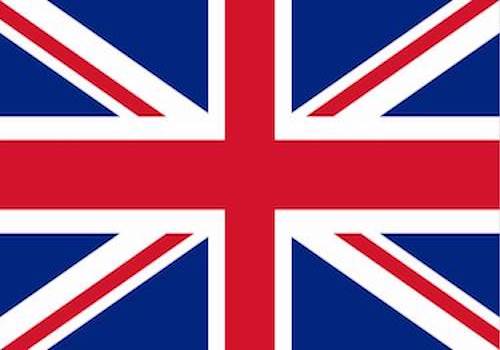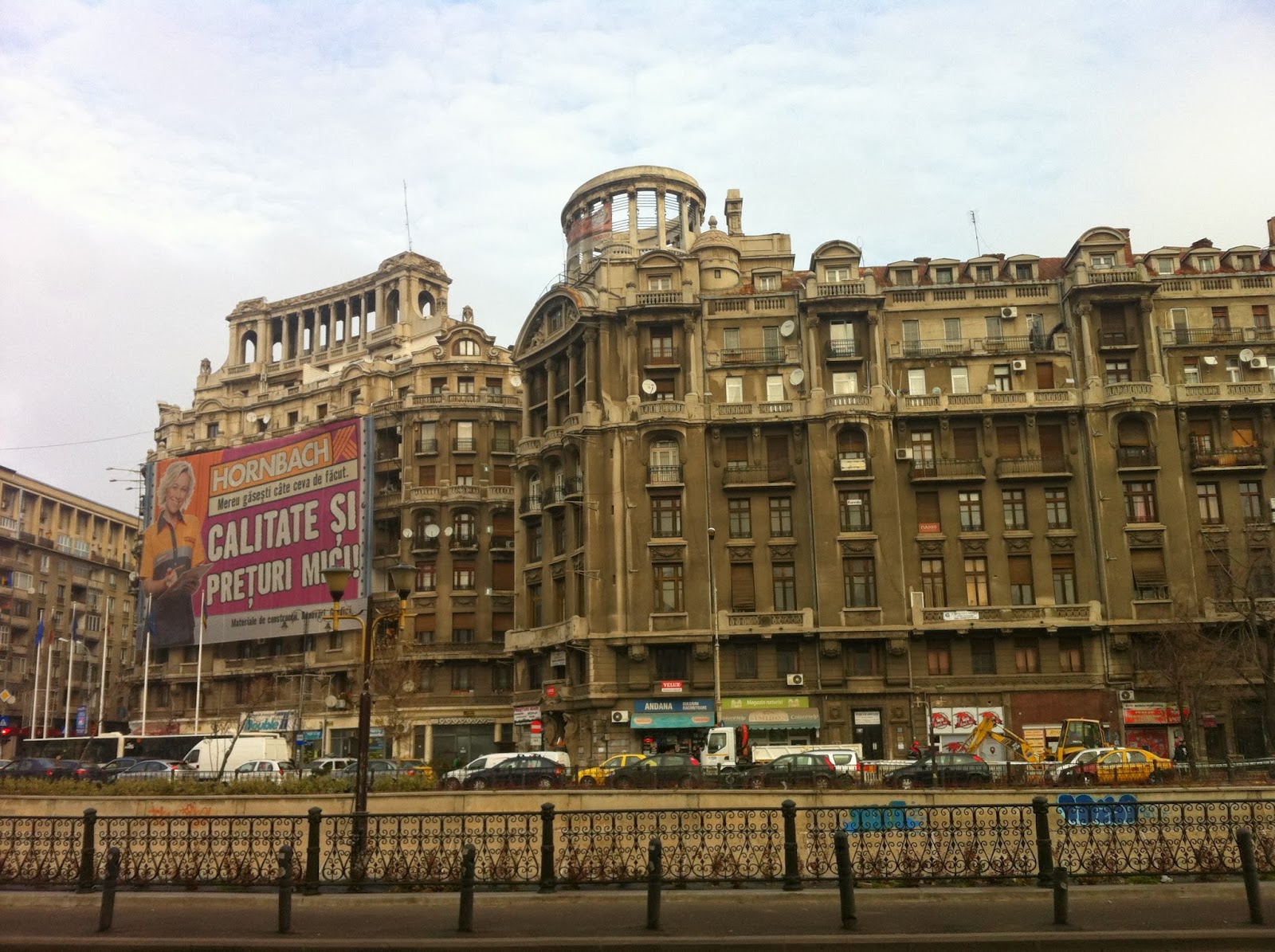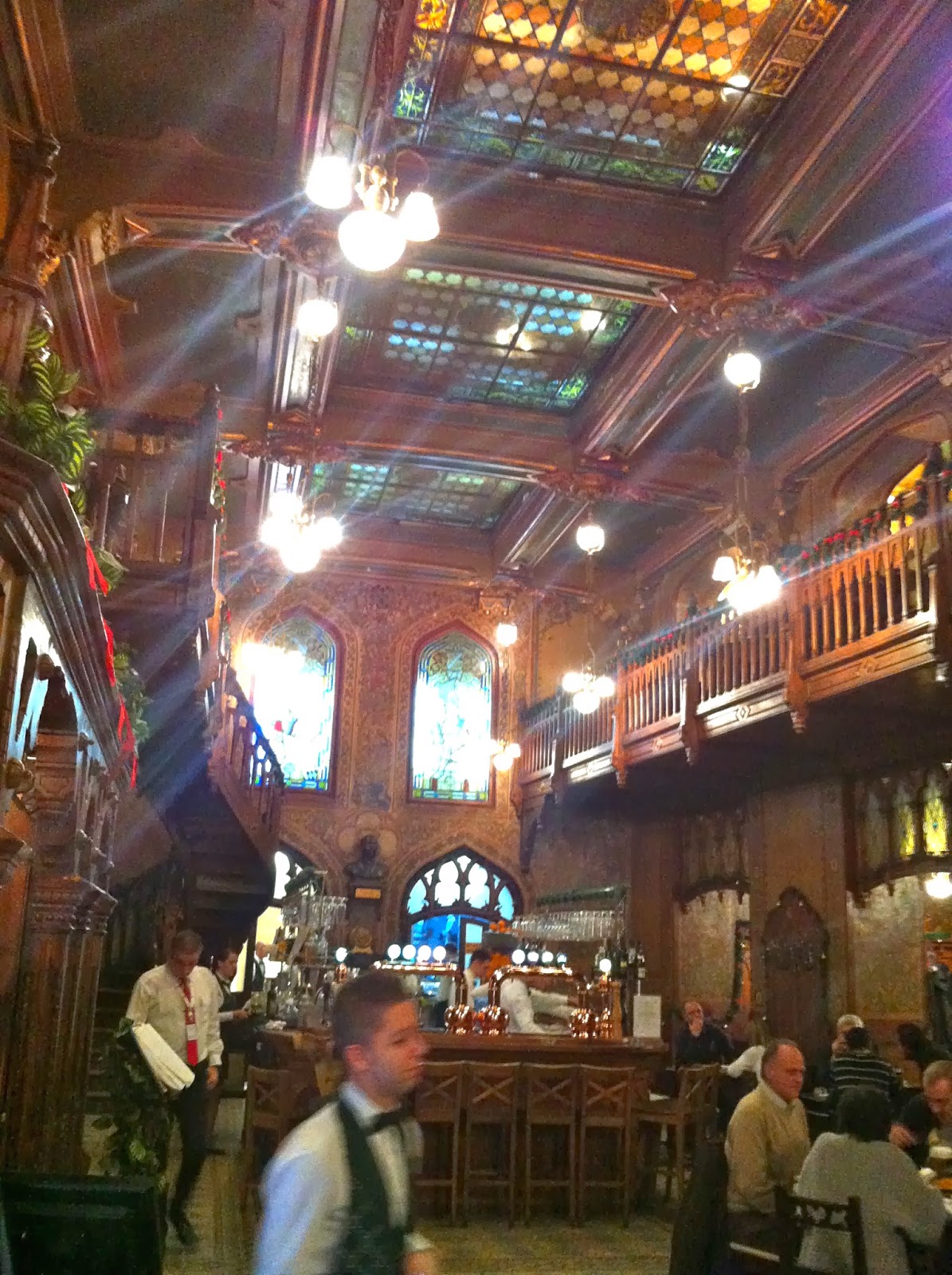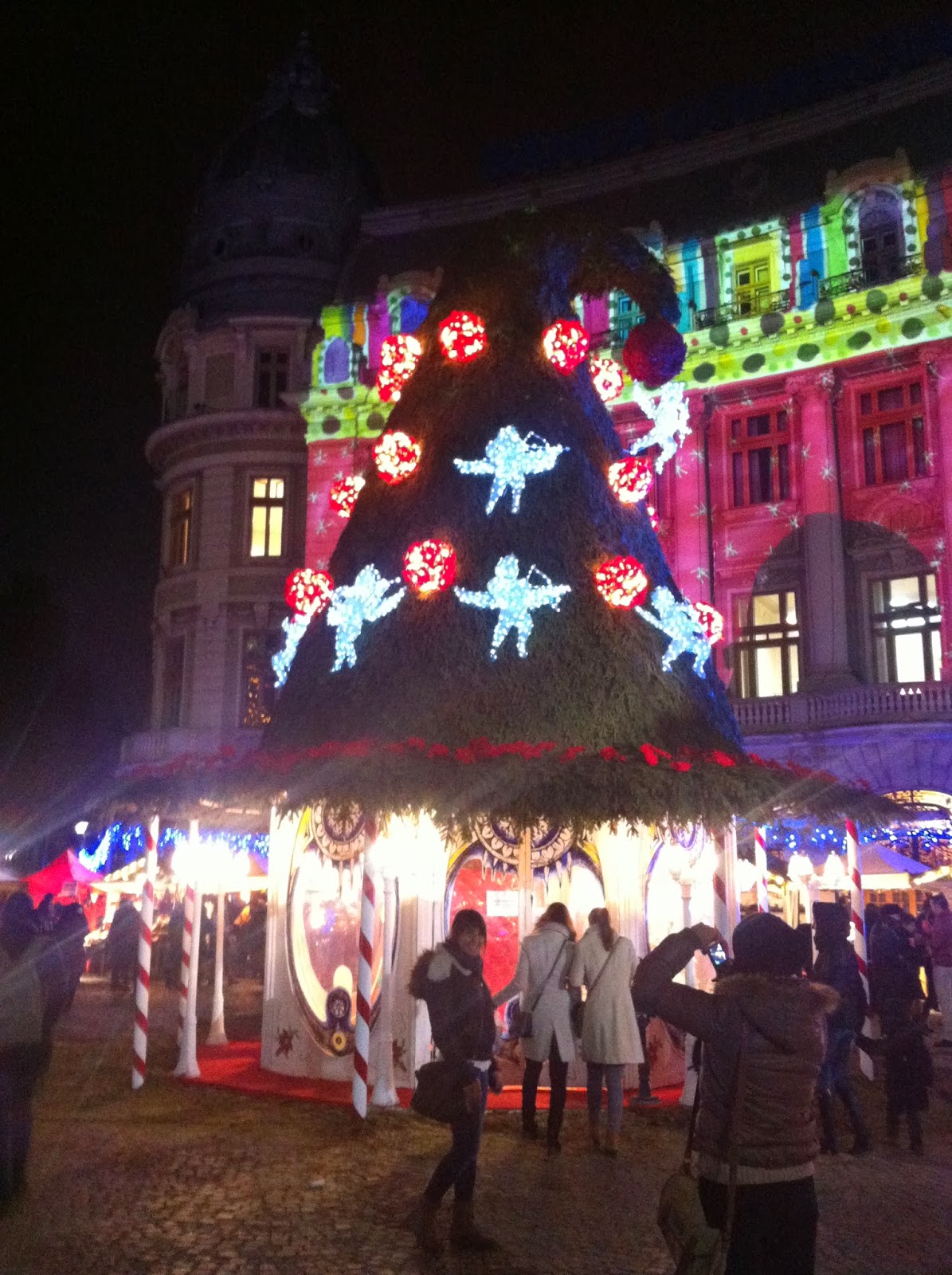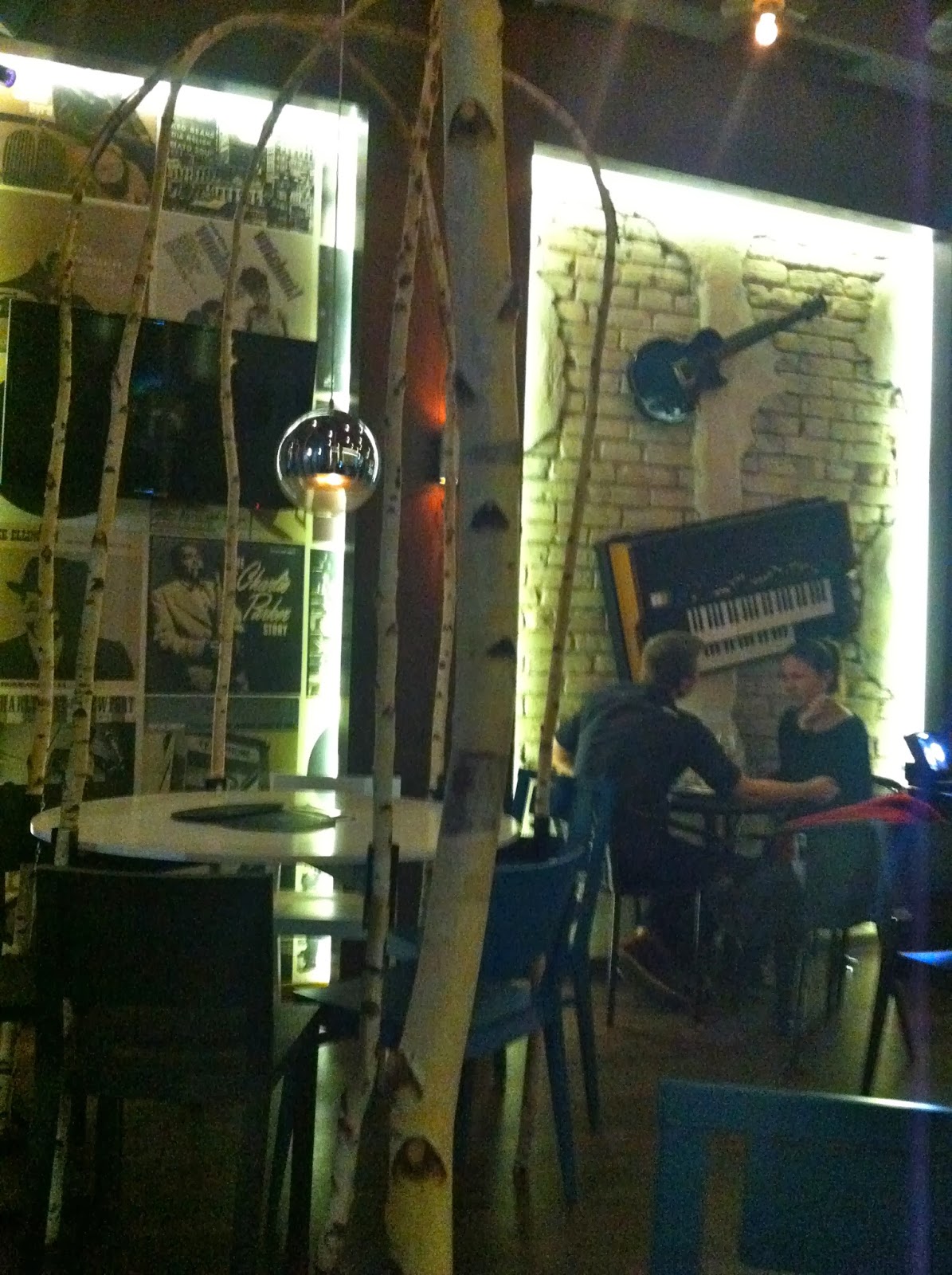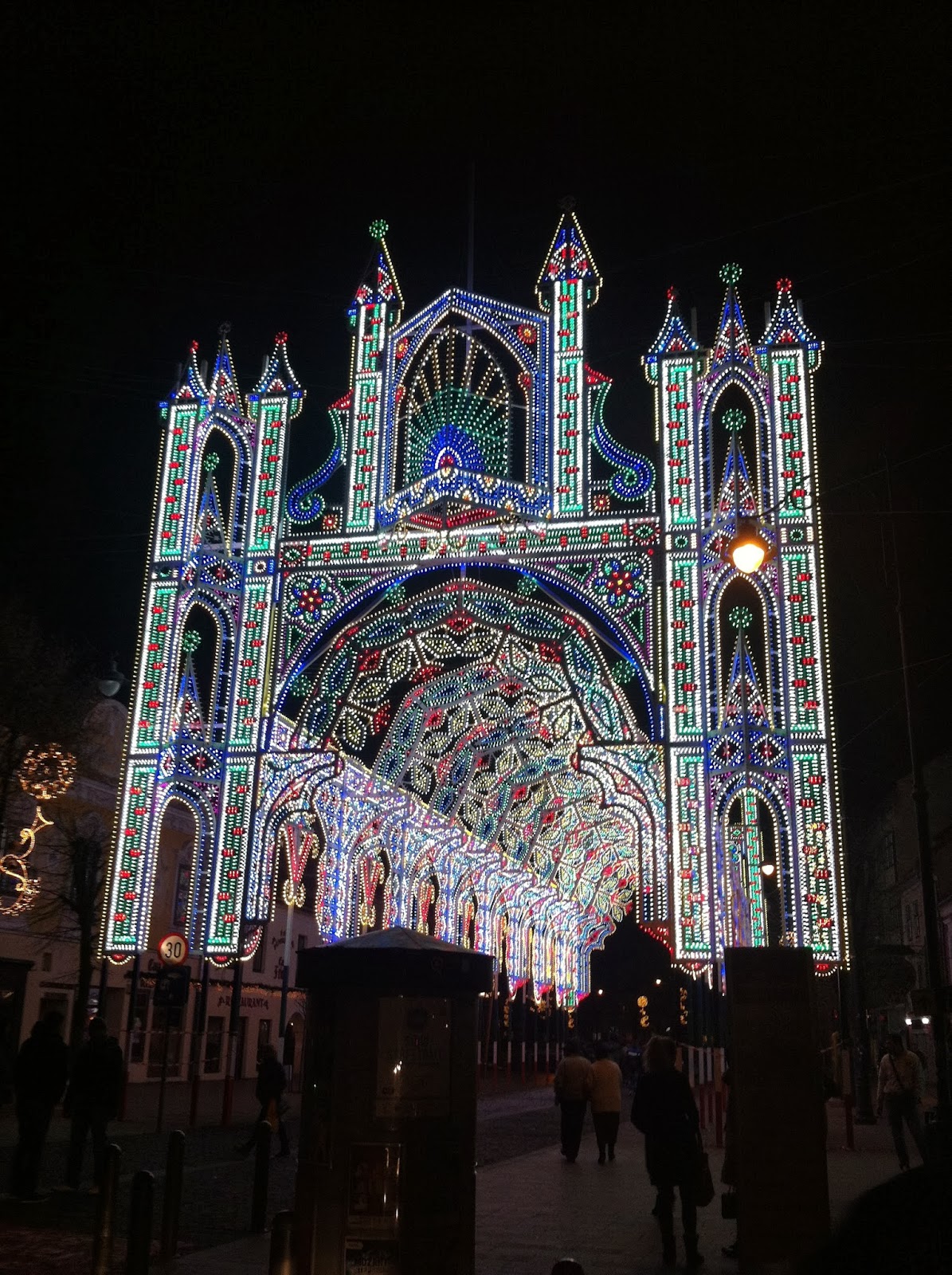Before reading the article, check out the 716 photo album for Bucharest and Sibiu. ![]()
I’ve travelled quite a bit, but Romania is the most complicated country to understand that I’ve been to (ok yes, I haven’t been India yet).
Why? It’s a country full of paradox. First, it’s a Latin language country, in which the main religion is Orthodox; it gives an interesting mix of culture: Latin Orthodox Secondly, it’s a country full of culture, Bucharest used to be called Little Paris, but that stays a little anecdotal when talking about Romanian culture. In a few days I met a professor of medieval guitar, a cognitive psychologist that was taking Japanese tea ceremony classes, an engineer at Continental fan of Italian disco, one that did a road trip on a motorcycle deep into Portugal and came back just for fun. When I went to the theatre, it was full, with an all age crowd. They were applauding a bold mise en scene with very clear references to sex, “cocufiage”, and corruption. On the flip side, many young people to whom I talked to had a hard time speaking English; which isn’t the case for other countries I’ve been to in the East where young people speak a lot better English than in France. Of course there are some young people that do speak perfect English or French, even though at one point in time French was preferred in this country, English is now preferred. When you arrive at the airport, the person talking to you at the information kiosk doesn’t look at you when she’s speaking, and seems extremely annoyed when you ask precise questions about the bus.
If I can finish by telling you two little stories about Europe:
-Passing by the Palace of Justice, the person with me said : “ well Justice, I hope that one day you’ll be a real “palace of real justice”.Many Romanians spontaneously brought up the subject of corruption. It’s discussed that the European Union might be able to helps things, but that’s unsure. In any case Romania benefitted from many European “subventions” for its agriculture, and she’s going to have to give back very soon. As someone explained to me, if Romania doesn’t honor their contract with the European Union, she might be forced out. That person was worried this would happen, and said that for the most part, being part of the European Union has been a “positive thing up until now”.
I indeed met a lot of skeptics on this subject. According to some it’s because of the European Union that “Roms” can come to France and give such a bad image of Romania. Romanians suffered a lot from being compared or confused with “Roms”
Someone once told me: “the stupidest decision ever taken was Sarkozy’s decision to give money to the “Roms” to go back home. They took the money and came back of course. You’re too nice. “ On the flip side I saw “Roms” kids play in the metro and two people gave them money. In any case, the relationship between “Roms” and Romanians is a complex one that I won’t go deeper into, as I don’t have the necessary information on the subject. Romanians also suffer a lot from the racism in England towards them. I traveled with a young Romanian engineer that worked in Manchester that could barely believe it when English people would accuse him of stealing jobs, when he had his papers and a degree. In fact, The Gardian asked Romanians to take pictures of themselves in order to show their own perspective on their country. To come back to culture, I was surprised how easy it was to come in contact with important cultural actors, one of the leaders of contesting movement offered that I write a paper on my impressions of the country. I sensed that a lot of people wanted to know what my take was on the country. It’s also for this reason that I wrote this note.
Note:
I obviously didn’t want to present these impressions as definitive , and even less pass as this French guy that arrives in the country and after a couple of days: there, that’s the way it is. However, because my time there was complicated and that many Romanians wanted me to give them my impressions along the way, I decided to go for it. The Romanian personnel that was supposed to take care of my accommodations and told me that they had found me a hotel room a month prior to my departure, suddenly announced a week before I was leaving that there were no more hotel rooms. I didn’t get a confirmation of a solution until the day before I left- I was offered a chic hotel far from downtown, which didn’t work for my blogging activities-, so because of this I spent the days before my departure trying to find a solution for my accommodations. For a trip such as this, the week prior is entirely used for preparations; hundreds of mails have to be sent, there’s lots of information to organize in order to be as efficient as possible. So, that stress about the accommodation was very ill received. From the get go it threw my entire trip into chaotic dynamic. Anyways, to avoid my judgement being deemed offensive, which I absolutely do not want, I asked many Romanian friends and contacts to read it and to give me their thoughts.
Adela Dadu, guide in Sibiu that I’m citing farther down gave me an excellent synthetic and argumentative response that I decided to publish: “Romania, country of paradoxes Yes, for a lot of people, especially for foreigners, Romania has become a country of paradoxes. It’s difficult to understand this phenomenon, but not impossible. 1. Romanians are the only exception: Latin Orthodox Yes, officially it’s true. There are a lot of historians, researchers, specialists that say that the origins of Romanians are different. ..In 106 the Roman emperor Traian conquered a part of Dacia ( ancient territory of Romania). But the Romans only conquered 14% of this territory. The Romanization phenomenon continued for 167 years, because in 273 the Romans decided to leave Dacia. Theoretically it’s impossible to Romanize a population as important as the one in Dacia, in only 167 years ( “cf.” other populations conquered by the Romans). For many centuries the Romanians spoke of their ancesters- the “Dacians”. In the middle of the 19th century, the Transylvanian Greek-Catholic church pressed to make Catholicism the official state religion. The Catholic priests came up with this Romanization idea and the fact that Romanians are Roman descendants, so, descendants of the Vatican. Officially, today we are all Latins, but in reality Romanians are a mix of Slovenians, Bulgarians, nomad populations, Saxons, Greeks, Romans, etc. 2. At the beginning of the 20th century, an important development process appeared in the form of intellectual, artistic, and architectural life, etc. The majority of Romanian students studied in Paris. They came back to Bucharest and a new society was formed- the francophone bourgeoisie. And there you go- “little Paris”. J 3. In Romanian schools, students learn English, German, and only a little of them French. Usually, the majority speak a foreign language pretty well , because it’s necessary. Of course, there are exceptions, especially for those 14-25 that start ignoring education, but that’s part of a global phenomenon. For example, I can say that I met many French girls that didn’t speak English. That’s why I had to study French. 4. The “Roms” (Romani/gypsie ) situation outside of Romania is a problem for Romanians. This confusion is “néfaste” for all that try to go work in France. Who is to blame? The Romanian and French authorities that were never able to control this situation, and at the same time, the ignorance of the French add to this confusion. In Romania, the minority of gypsies is the largest and it’s an alarming situation. Who pays for that situation? Romania’s image, and the average Romanian, those that try to find a better life elsewhere.” 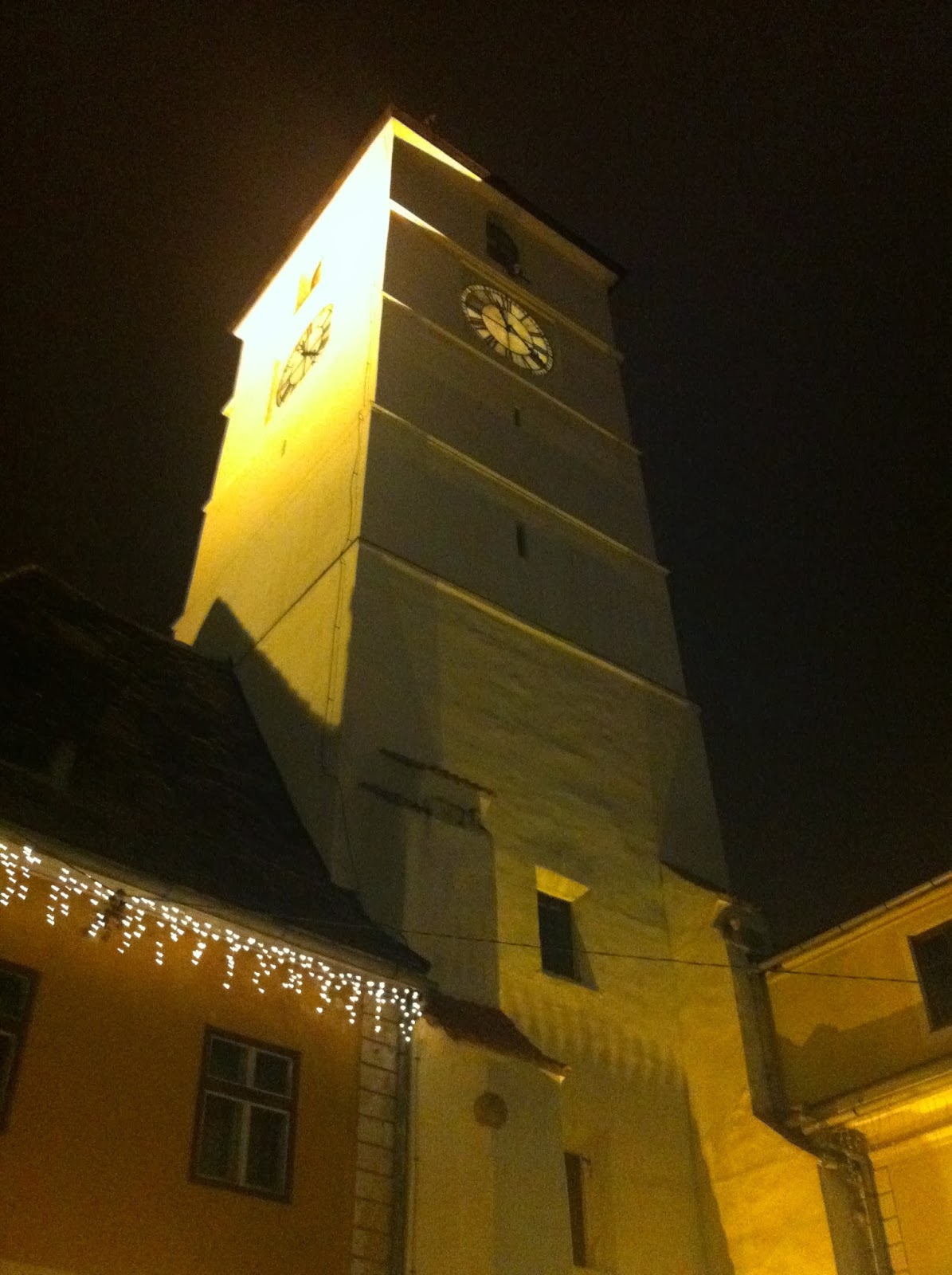

Le Bon Plan Restos 2023-2024

